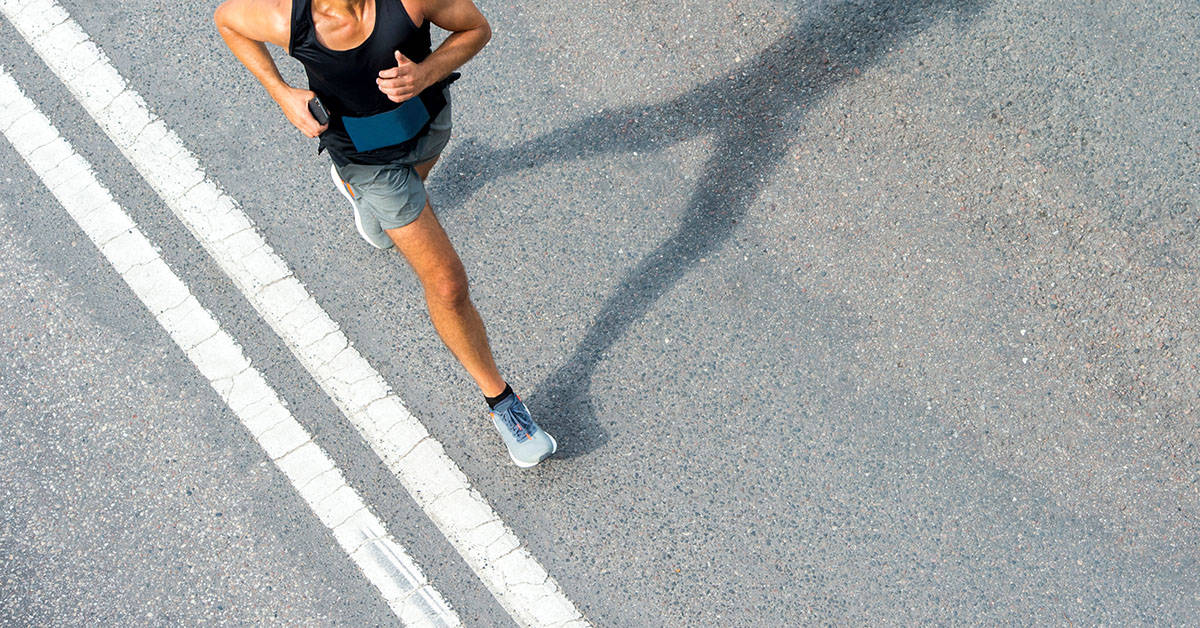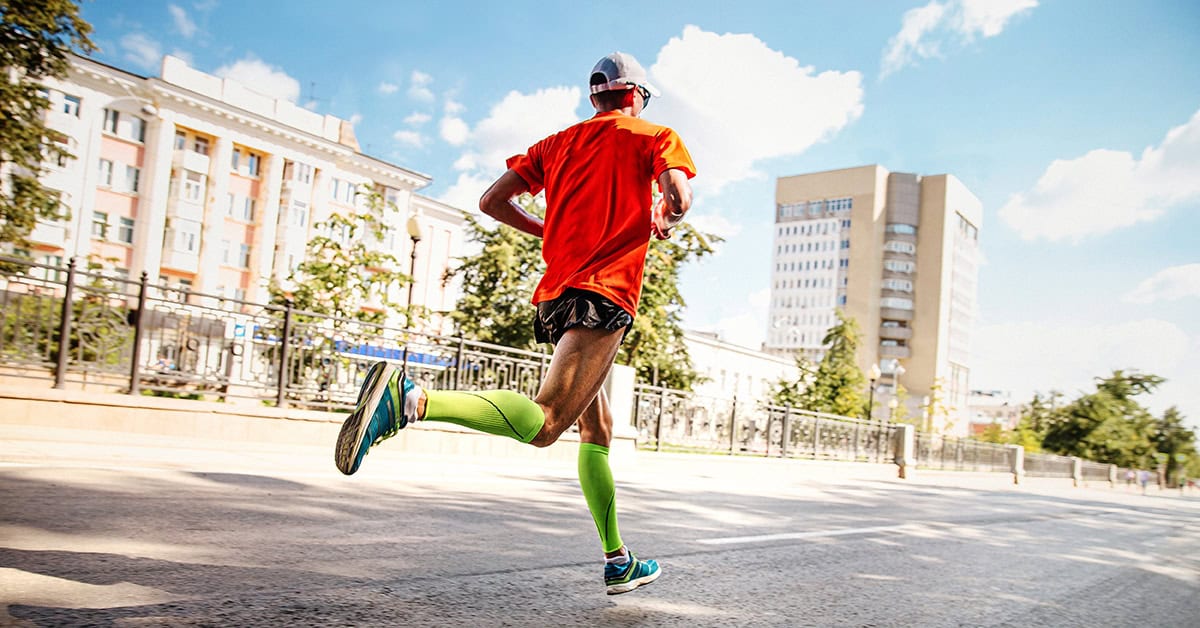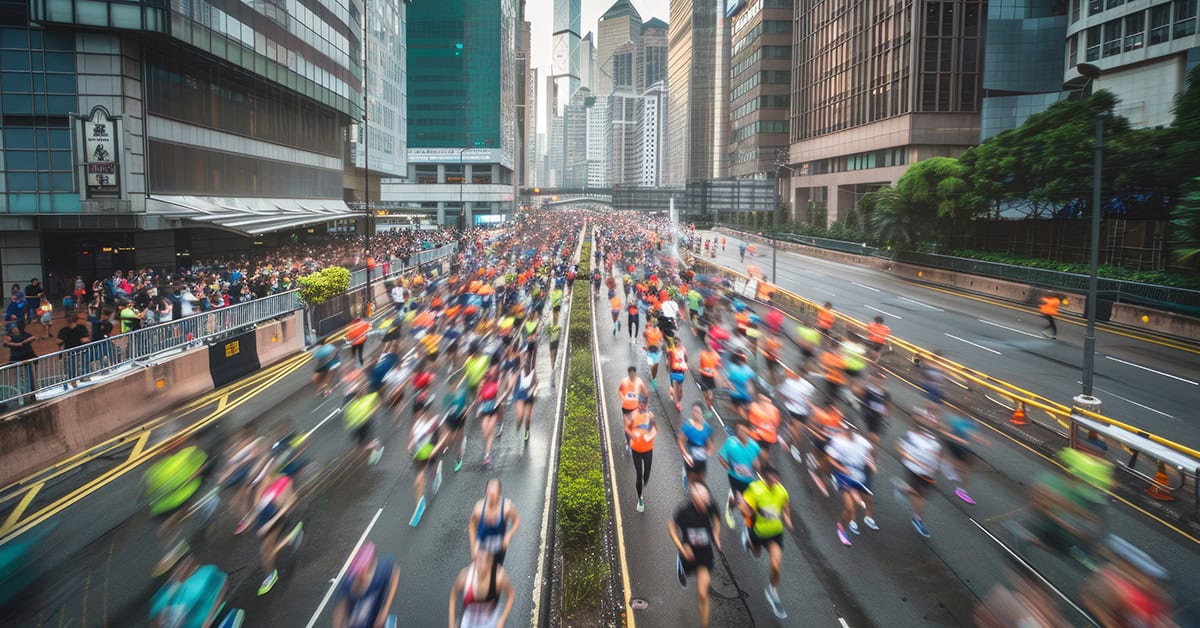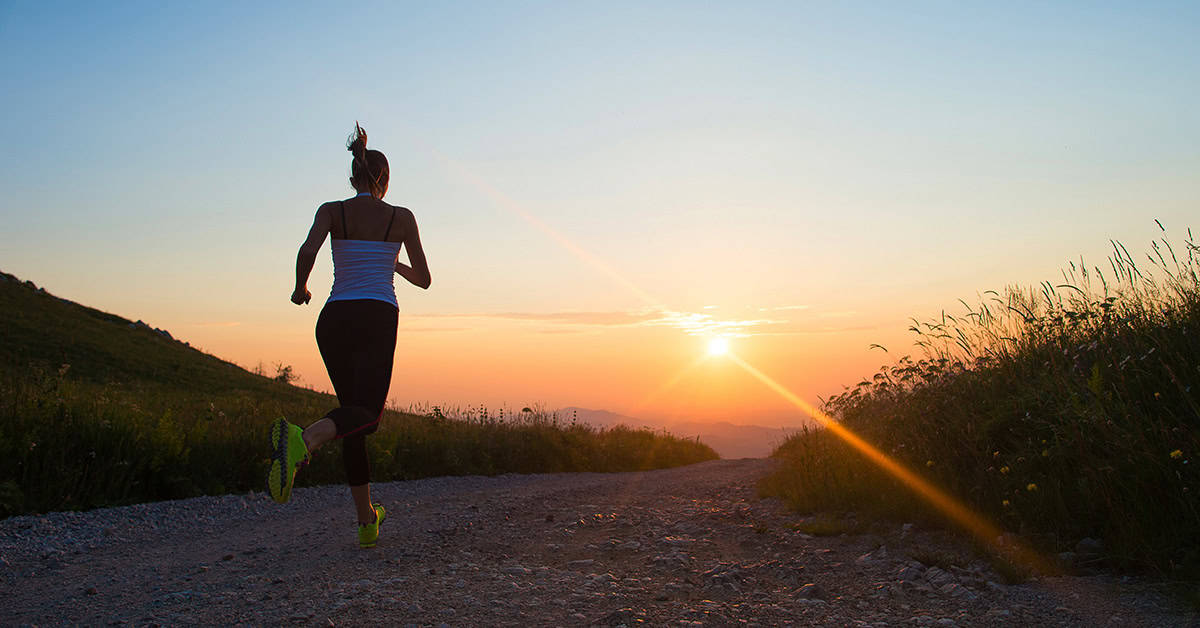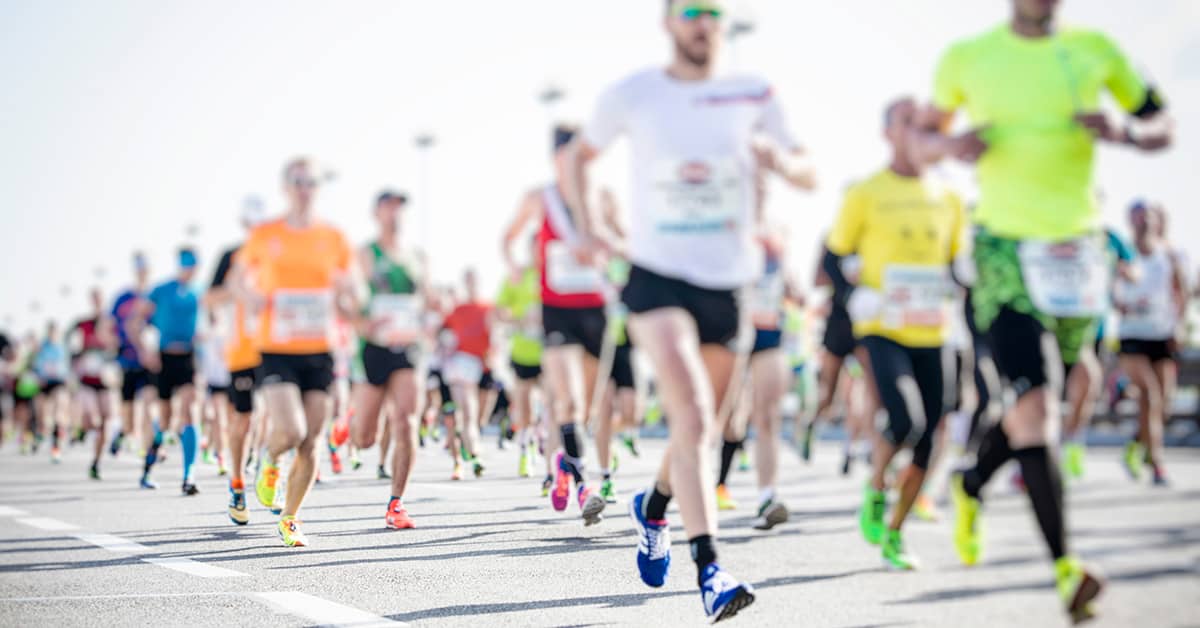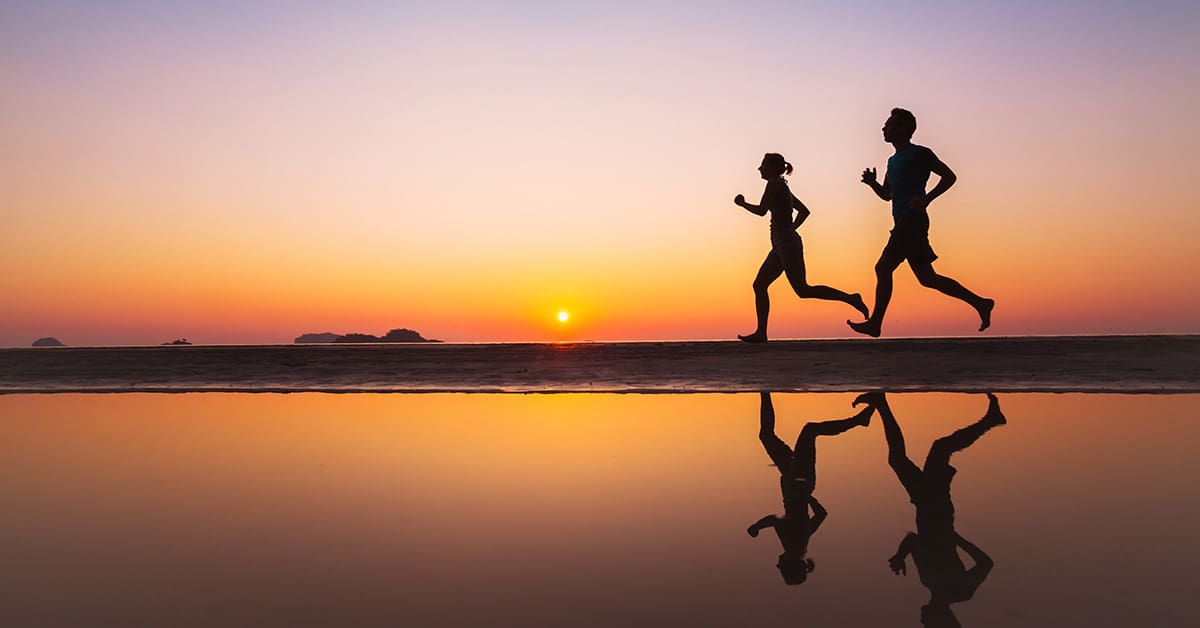When is the Best Time of Year to Run a Marathon?
Running a marathon is a monumental challenge, requiring months of physical training, mental fortitude, and strategic planning. Among the many decisions that marathoners face in preparation for race day, perhaps none is more important than selecting the right time of year to run. The timing of your marathon can play a crucial role in your performance, comfort, and overall experience. Different seasons offer distinct advantages and challenges, and the ideal time to race depends largely on your goals, climate preferences, and training schedule. So, when is the best time of year to run a marathon? Let’s dive deeper into each season, examining the pros and cons and highlighting some of the most popular races held during those months.
Spring Marathons: New Beginnings, Fresh Challenges
Pros:
Mild Temperatures for Running: Spring is often regarded as one of the most favorable seasons for marathon running. Temperatures are typically cooler than summer, with crisp mornings and mild afternoons ideal for long-distance events. Lower humidity compared to summer months helps mitigate dehydration risks, making it easier to maintain a consistent pace throughout the race.
Training Conditions: As the harsh winter weather subsides, spring ushers in longer days and a more welcoming environment for outdoor training. The increased daylight hours offer more flexibility for runners, allowing for longer training sessions in natural light. The transition from indoor gym routines to outdoor runs often re-energizes athletes, making training more enjoyable and motivating.
Motivational Boost: There’s a certain sense of optimism that comes with the arrival of spring—flowers bloom, temperatures rise, and the days get longer. Many runners find that the season’s rejuvenating effect boosts their motivation, helping them stay committed to the long, often grueling training process that a marathon requires.
Cons:
Unpredictable Weather: While spring is often pleasant, it can also be highly unpredictable. Sudden cold fronts, rainfall, or temperature swings can throw off both training schedules and race-day conditions. A warm, sunny day could quickly turn into a chilly downpour, requiring runners to adapt quickly to changing circumstances.
Allergy Season: Springtime coincides with the peak of allergy season for many people. Pollens from trees, grass, and flowers can cause discomfort, potentially affecting breathing and energy levels. For those with respiratory allergies, the combination of outdoor training and race-day conditions can pose an additional challenge.
Popular Spring Marathons
- Boston Marathon (April)
- London Marathon (April)
- Paris Marathon (April)
Summer Marathons: The Heat is On
Pros:
Longer Days: Summer days are longer, providing more hours of daylight to train and race. This can be particularly helpful for those with demanding work schedules who may only be able to train after work hours. The extended daylight also creates a unique race experience, especially for early morning events where the sun is just beginning to rise.
Training Camps and Group Runs: Summer often marks the beginning of marathon training camps, where runners come together to participate in group runs, clinics, and community-building events. These camps can be motivational and educational, fostering camaraderie among participants while also pushing individuals to meet higher training goals.
Cons:
Heat and Humidity: The biggest drawback of running a marathon in the summer is the heat. High temperatures and humidity levels can make even the most well-trained runners feel sluggish. Dehydration, heat exhaustion, and cramping are all risks that come with hot summer races. For those running in particularly humid climates, the added moisture in the air can make it even harder to regulate body temperature.
Travel and Logistics: Summer is a peak travel season, meaning marathons often coincide with crowded airports, hotels, and tourist destinations. For runners planning to travel to a race, this can complicate logistics, making it harder to rest and recover before race day.
Popular Summer Marathons
- San Francisco Marathon (July)
- Disneyland Half Marathon (August)
- Run Melbourne (July)
Fall Marathons: Peak Performance Season
Pros:
Ideal Running Conditions: Fall is widely considered the best time of year to run a marathon. Cooler temperatures, lower humidity, and crisp air provide the perfect conditions for sustained endurance running. These factors help runners maintain energy and stay hydrated, maximizing their performance on race day.
Training Peak: For many runners, fall marathons mark the culmination of months of hard training. By this time, the heat of summer has passed, and runners who started their training earlier in the year are typically in peak condition. The cooler weather makes the physical effort of running more manageable, which can lead to personal bests or a more enjoyable race experience.
Scenic Beauty: Fall races often feature stunning natural landscapes, particularly in regions where the foliage turns vibrant shades of orange, yellow, and red. Many runners find that the changing colors of the leaves provide an additional layer of motivation and beauty during the race, adding to the overall experience.
Cons:
Training During Hot Weather: Many fall marathons require runners to begin training during the summer, when the heat can be oppressive. This can lead to burnout or injury if not properly managed. Additionally, early training during peak summer temperatures might deter some from pursuing a fall marathon, as it requires navigating hot, humid conditions in preparation.
Crowded Calendar: Fall is the most popular season for marathons, meaning the race calendar can be very crowded. Some of the most prestigious and highly attended events—such as the New York City Marathon—can result in packed race courses, long waiting times, and logistical challenges. Additionally, securing race entries for high-demand events can be a competitive process.
Popular Fall Marathons
- Berlin Marathon (September)
- Toronto Waterfront Marathon (October)
- Chicago Marathon (October)
- New York City Marathon (November)
Winter Marathons: A Cooler, But Quieter Challenge
Pros:
Cooler Temperatures: For many runners, the cooler winter temperatures are ideal for racing. These conditions help runners avoid the risks of overheating and fatigue associated with hotter months, making it easier to maintain a steady pace.
Less Crowded: Winter marathons tend to attract fewer participants than their spring and fall counterparts. This can lead to a more intimate race experience, with shorter lines at aid stations, less congestion on the course, and more personal space. For those seeking a quieter, less competitive environment, winter races offer this advantage.
Cons:
Training Challenges: One of the biggest hurdles of running a marathon in the winter is the impact on training. Colder temperatures, icy conditions, and shorter daylight hours can make outdoor training difficult or even dangerous in certain regions. Snow and ice create slippery conditions, which increases the risk of injury. Additionally, motivation can be harder to maintain during the winter months, particularly in regions where it’s dark and cold for much of the day.
Weather Uncertainty: While winter marathons often promise cooler conditions, they also come with the risk of unpredictable winter weather. Snowstorms, icy winds, and even unseasonably warm weather can all create challenges on race day. Runners must be prepared to adjust their strategies if the forecast calls for unexpected conditions.
Popular Winter Marathons
- Honolulu Marathon (December)
- Walt Disney World Marathon (January)
- Miami Marathon (February)
- Phoenix Marathon (February)
Conclusion: Choosing Your Best Time of Year to Run a Marathon
The best time to run a marathon ultimately depends on a variety of personal factors, including your preferred training environment, race goals, and local climate. Whether you thrive in the crisp air of fall or prefer the quiet stillness of a winter marathon, each season offers unique opportunities and challenges. The key to success lies in choosing a race that aligns with your strengths, allows you to train effectively, and fosters the type of race-day experience you want to have. Whatever season you choose, with proper preparation, determination, and a positive mindset, crossing the finish line will be a triumph no matter when it happens.
What’s Your Favorite Time of Year to Run a Marathon?
Let us know in the poll below what you think is the best time of year to run a marathon.

